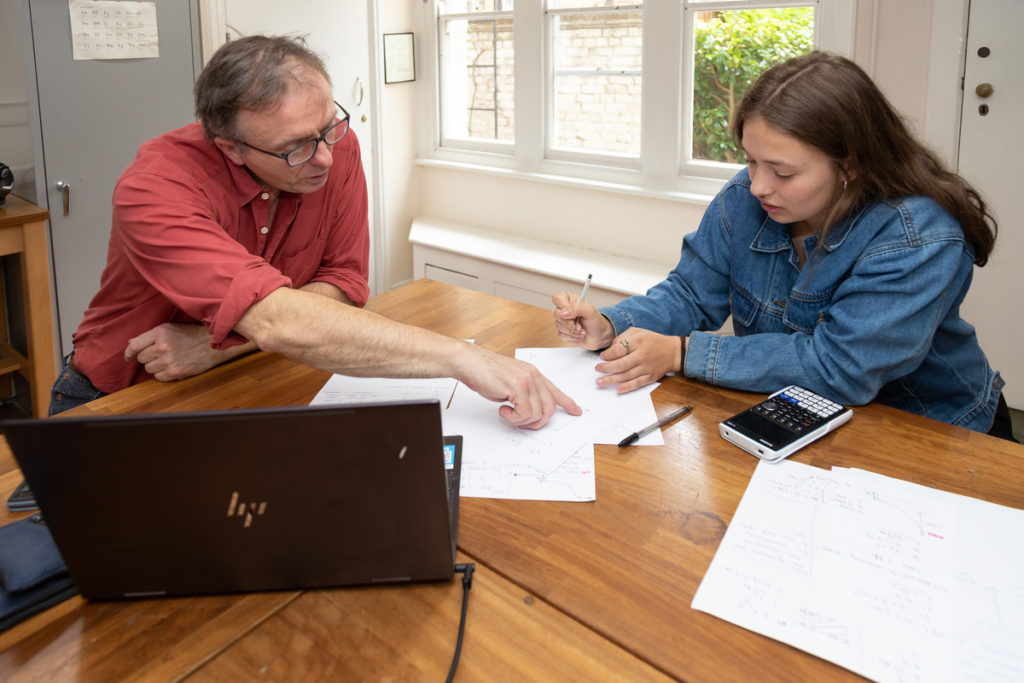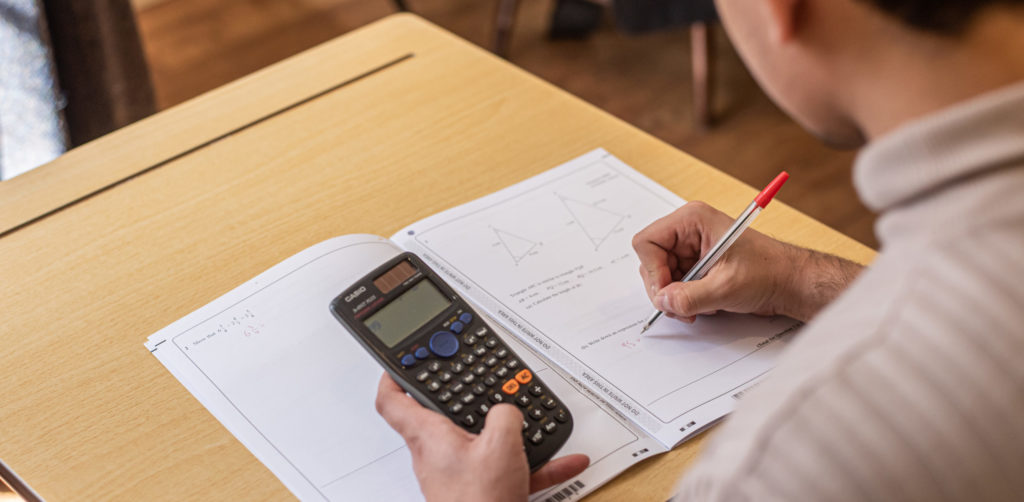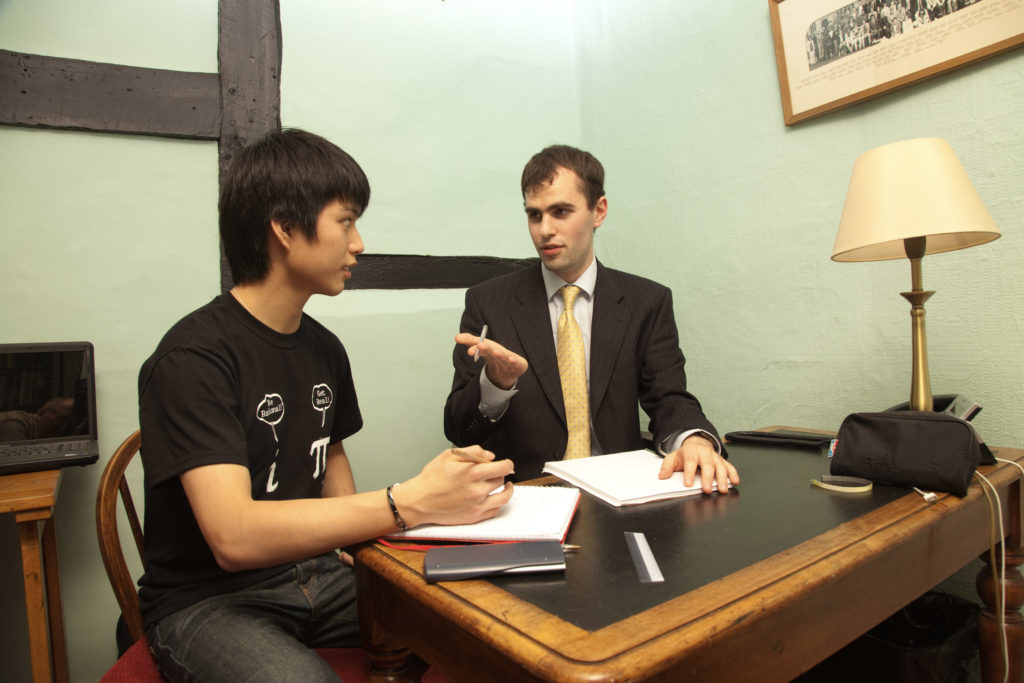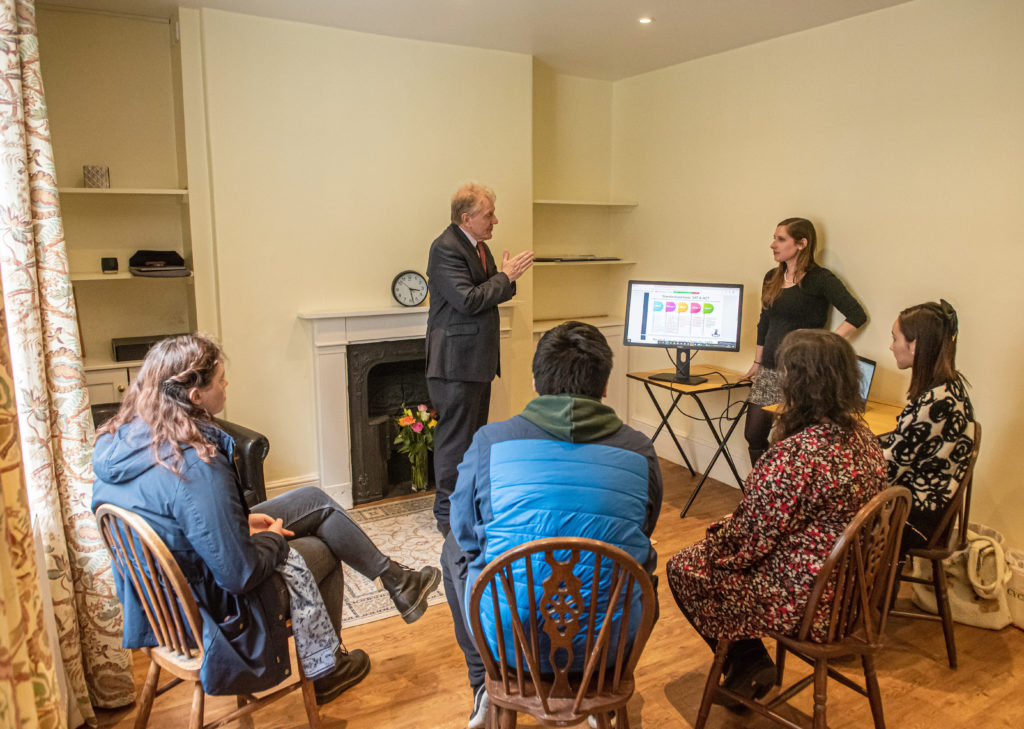16 Apr 2021

The First 5 Tips For Revising For Maths
Senior Mathematician, Lamine Djellali, shares his top five tips for preparing for Mathematics examinations.
01 MINUTES = MARKS
Whether sitting practice papers or facing the actual
examination, this rule of thumb tip will help you with
the best way of dividing your time on each problem.
The formula is simple: spend roughly the same number
of minutes on an examination question as the total
marks allotted to that question – one minute, one mark.
This will leave you time at the end to check for careless
mistakes, and to retry the difficult questions you may
have rushed.

02 KEEP MOVING!
In every examination, when you under the pressure of
time, some marks will be easier to gain than others. It’s
tempting to try to complete every question once you
have started: some will look easier than they are, or you
may want to tackle the questions with the higher marks
first. However, if you become stuck on a particular
problem, it’s important to move on. Maximise your
marks on those questions you can complete, and leave
the tougher questions for the time being – then tackle
them again later, with a fresh outlook.

03 SHOW YOUR WORKINGS
In U.K. Mathematics examinations, the majority of marks are given for showing that you know the concepts behind the problems you are solving. This means you will earn most of your marks by demonstrating clearly the formulae, methods and ideas you are using in the process of finding an answer. This means that, for example, evaluating the algebra and so coming to the right answer is highly desirable, however you will achieve the best marks by showing that you understand the principles underlying your solution.

04 READ QUESTIONS CAREFULLY
It is very tempting (and very easy) to start answering the question you think you have been asked, just because you recognise the principles behind the problem. However, be careful! ‘Data dumping’ (or showing off your knowledge indiscriminately) is one of the major pitfalls of examination candidates. You know your subject, you’ve revised the concepts, and you recognise the Mathematics – fantastic! Now, make sure you have read the specific instructions carefully, and you are meeting all the requirements, such as giving your answer in the particular form requested.

05 LEARN THE TRIGGER WORDS
Every subject has its own set of common words to which the examiner is expecting a specific response. In Mathematics, learning these ‘trigger words’ will enable you to react more quickly and accurately, whether it is to the format, the content or to the process you are expected to follow. So for example, when you read the words ‘maximise’, ‘minimise’ or ‘rate of change’ you know this immediately suggests ‘differentiation’. Practise really does make perfect – and regular practise of past papers is crucial to recognise patterns in questions.

BONUS POINT
Revising over two months, for just ½ an hour a day, is many times more effective than a panicky two or three fraught days crammed into the last moments before the examination.



